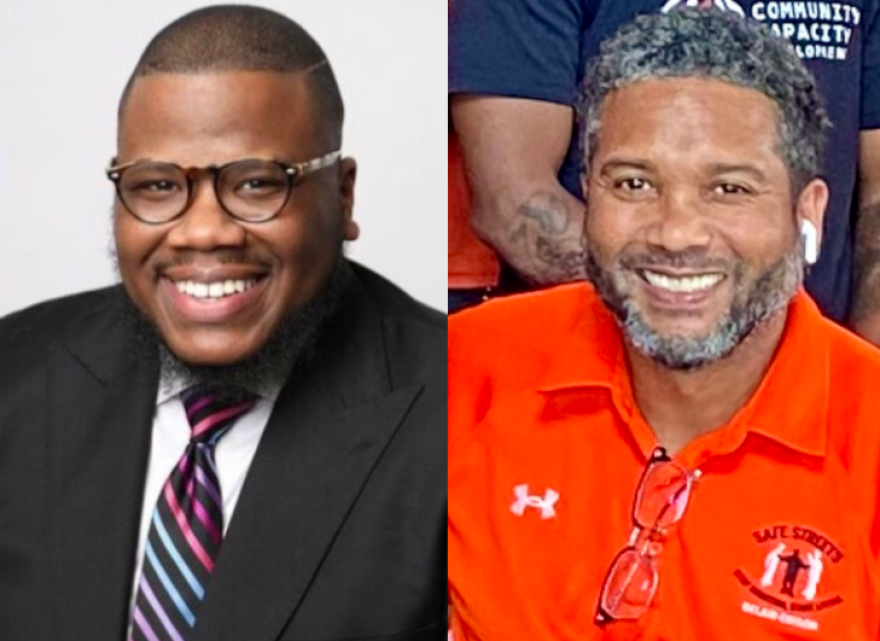In a series of three press events on Friday, Baltimore Mayor Brandon Scott unveiled his Comprehensive Violence Prevention Plan, which seeks to re-position violent crime as a public health epidemic, along with the health problems of COVID-19 and opioid overdose deaths.
It is organized around three pillars: a public health approach to violence, engaging the community and coordinating efforts of many city agencies, and accountability.
Scott has long contended that the strategies of the past, which he characterizes as having relied on policing, prosecution and prisons, have failed, and that the intractable levels of violence the city has experienced for many years can only be reduced if public safety is re-imagined. Scott’s ambitious goal is to reduce homicides and non-fatal shootings by 15% every year for the next five years.
Mayor Scott’s strategy includes expanding investment in community violence intervention programs. These programs engage violence interrupters, often people who themselves have been incarcerated, to concentrate primarily on preventing conflicts between individuals from spiraling into violence. Outreach workers for groups like Safe Streets and Roca identify people who may be at risk, or who may be inclined to commit acts of violence. The work is tricky and dangerous. This year, among the 193 people who have been victims of homicide in our city, two have been Safe Streets outreach workers: Dante Barksdale was murdered in January, and Kenyell Wilson was killed earlier this month.
Currently, there are 10 Safe Streets sites and 7 hospital-based partnerships. Roca has also been active for the past few years. Mayor Scott’s plan calls for those programs to be evaluated, and adding perhaps as many as 20 more sites.
The Mayor and some members of Maryland's congressional delegation spent the day Friday touring the city to introduce the new Violence Prevention Plan. The plan is distinct from the crime plan that was developed a couple of years ago by the Baltimore City Police Department. The Mayor characterizes that plan as a subplan of his strategy, which calls on a variety of city agencies to coordinate with federal and state officials to address the epidemic of violence, along with addressing the continuing problems of the COVID pandemic and opioid addiction.

Tom's first guests today are Rashad Singletary, the Associate Director of Gun Violence Prevention in the Mayor's Office of Neighborhood Safety and Engagement (MONSE), the office charged with implementing the Crime Prevention plan; and Dante Johnson, the site director for Safe Streets in Belair-Edison, a neighborhood in Northeast Baltimore. They join us on Zoom.
Then Tom speaks via Zoom with the Director of MONSE, Shantay Jackson, who discusses the city's overall strategy for carrying out the new Violence Prevention Plan.






